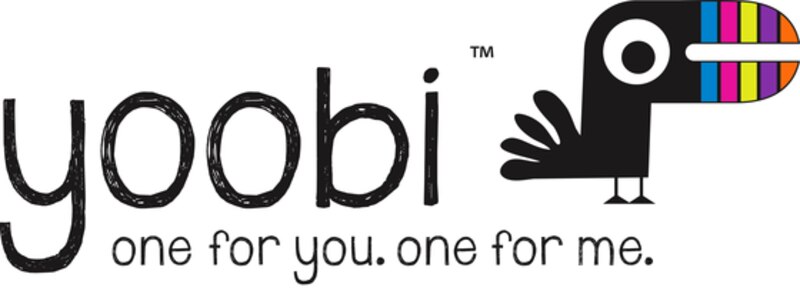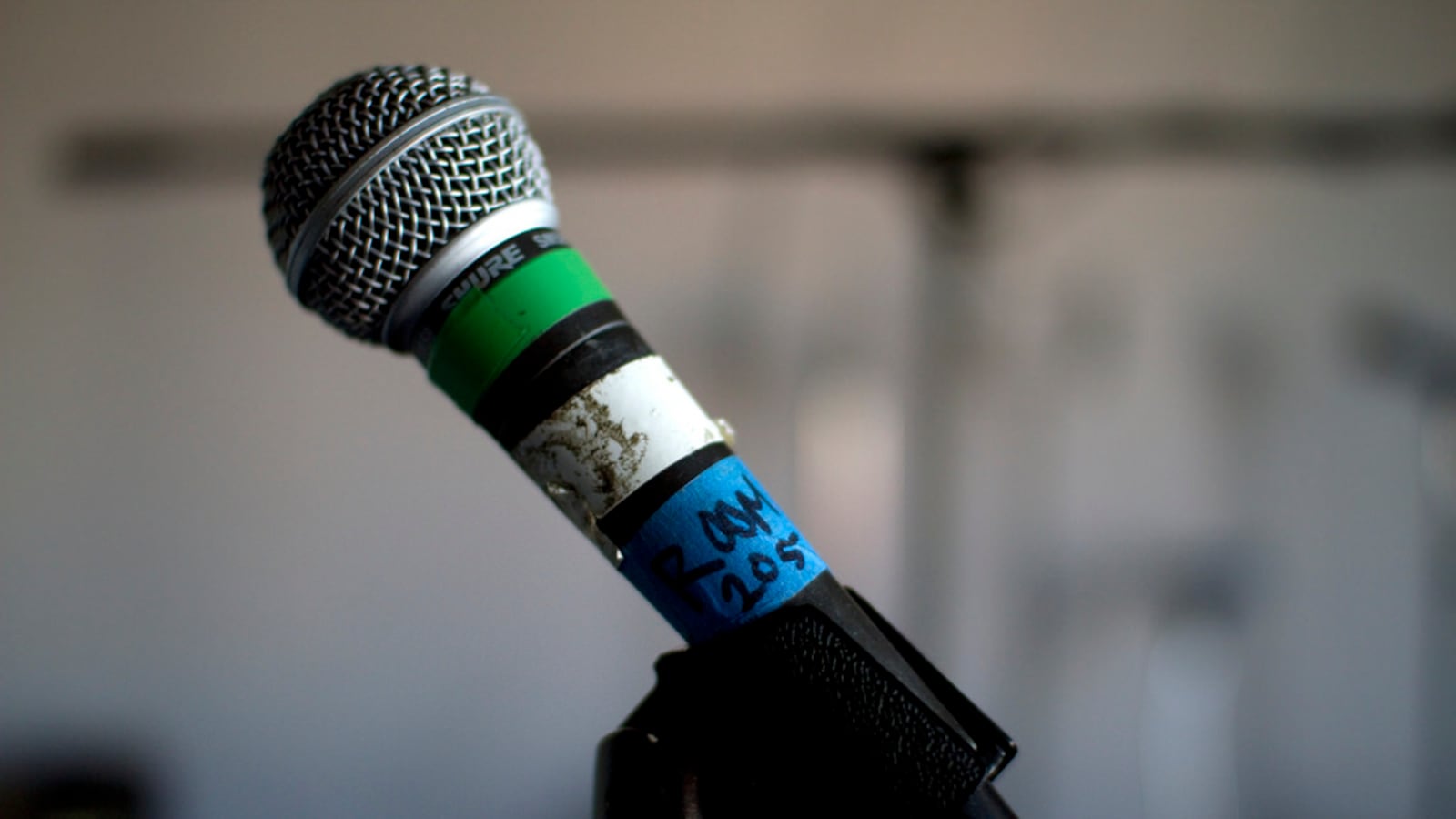Teachers are often on the front lines of national conversations, kickstarting discussions that their students or communities need to have.
They also add their own voices to debates that would be less meaningful without them.
This year, as we mark Teacher Appreciation Week, we’re sharing some of the educator perspectives that we’ve published in our First Person section over the last year. Many thanks to the teachers who raised their voices in these essays. Want to help us elevate the voices of even more educators? Make a donation in support of our nonprofit journalism and you’ll have the option to honor an important educator in your life.
If you’d like to contribute your own personal essay to Chalkbeat, please email us at firstperson@chalkbeat.org.
A Queens teacher on Charlottesville: ‘It can’t just be teachers of color’ offering lessons on race
After racial violence erupted in Virginia last year, New York City teacher Vivett Dukes called on teachers to engage students in honest conversations about racism.
“We do our children and ourselves a disservice when we don’t have these difficult conversations as a part of our collective curriculums. However, many teachers from various walks of life are neither well-versed nor fully comfortable discussing race on any level with their students. Not talking about racism won’t make it go away.”
Why the phrase ‘with fidelity’ is an affront to good teaching
Too often teachers are blamed for bad curriculum, writes Tom Rademacher, Minnesota’s Teacher of the Year in 2014. And that needs to stop.
“It keeps happening because admitting that schools are messy and students are human, and teaching is both creative and artistic, would also mean you have to trust teachers and let them have some power.”
I’m a Bronx teacher, and I see up close what we all lose when undocumented students live with uncertainty
Two of Ilona Nanay’s best students started high school as English learners and were diagnosed with learning disabilities. But their educational careers came to an end after graduation because both were undocumented and couldn’t afford out-of-state tuition.
“By not passing the DREAM Act, it feels like lawmakers have decided that some of the young people that graduate from my school do not deserve the opportunity to achieve their dreams.”
I’m a Florida teacher in the era of school shootings. This is the terrifying reality of my classroom during a lockdown drill.
K.T. Katzmann is a teacher in Broward County, Florida. In this essay she shares what it’s like knowing that you could be the only thing between a mass shooter and a group of students.
“The experience of being isolated, uninformed, and responsible for the lives of dozens of children is now universal to our profession, whether because of actual emergencies or planned drills.”
I’m a Houston geography teacher. This is my plan for our first day back — as soon as it arrives.
Alex McNaughton teaches a human geography course in Houston. After Hurricane Harvey, he decided to move up a lesson about how urbanization can exacerbate flooding.
“Teachers have a unique power — the power to shape the minds of future generations to solve the problems that we face. Houston’s location means that it will always be susceptible to flooding. But by teaching about the flood I hope I can play a small role in helping our city avoid repeating some of the tragic scenes I witnessed this week.”
How one Harlem teacher gave his student — the ‘Chris Rock of third grade’ — a chance to shine
Ruben Brosbe, a New York City teacher, has a soft spot for troublemakers. In this story, he shares how he got one of his favorite pranksters, Chris, to go through a day without interrupting class.
“Dealing with him taught me a valuable lesson, a lesson I’ve had to learn again and again: At the end of the day, everything that we want to accomplish as teachers is built on our relationships. It’s built on me saying to you, ‘I see you,’ ‘I care about you,’ ‘I care about what you care about and I’m going to make that a part of our class.’”
Cut from the same cloth: Why it matters that black male teachers like me aren’t alone in our schools
Being a black educator can be isolating, writes William Anderson, a Denver teacher. He argues that a more supportive environment for black educators could help cities like Denver improve the lives of black students.
“Without colleagues of the same gender and cultural and ethnic background, having supportive and fulfilling professional relationships is much harder.”
I went viral for walking my students home from school in Memphis. Here’s what got lost in the shuffle.
For years, Memphis teacher Carl Schneider walked his students home to a nearby apartment complex. Then a photograph of him performing this daily ritual caught the attention of the national media. In this essay, Schneider reminds readers that he shouldn’t be the focus — the challenges his students face should. His call to action:
“Educate yourself about the ways systemic racism creates vastly different Americas.”
Thanks to our partners at Yoobi for supporting our Teacher Appreciation campaign.

About our First Person series:
First Person is where Chalkbeat features personal essays by educators, students, parents, and others trying to improve public education. Read our submission guidelines here.


